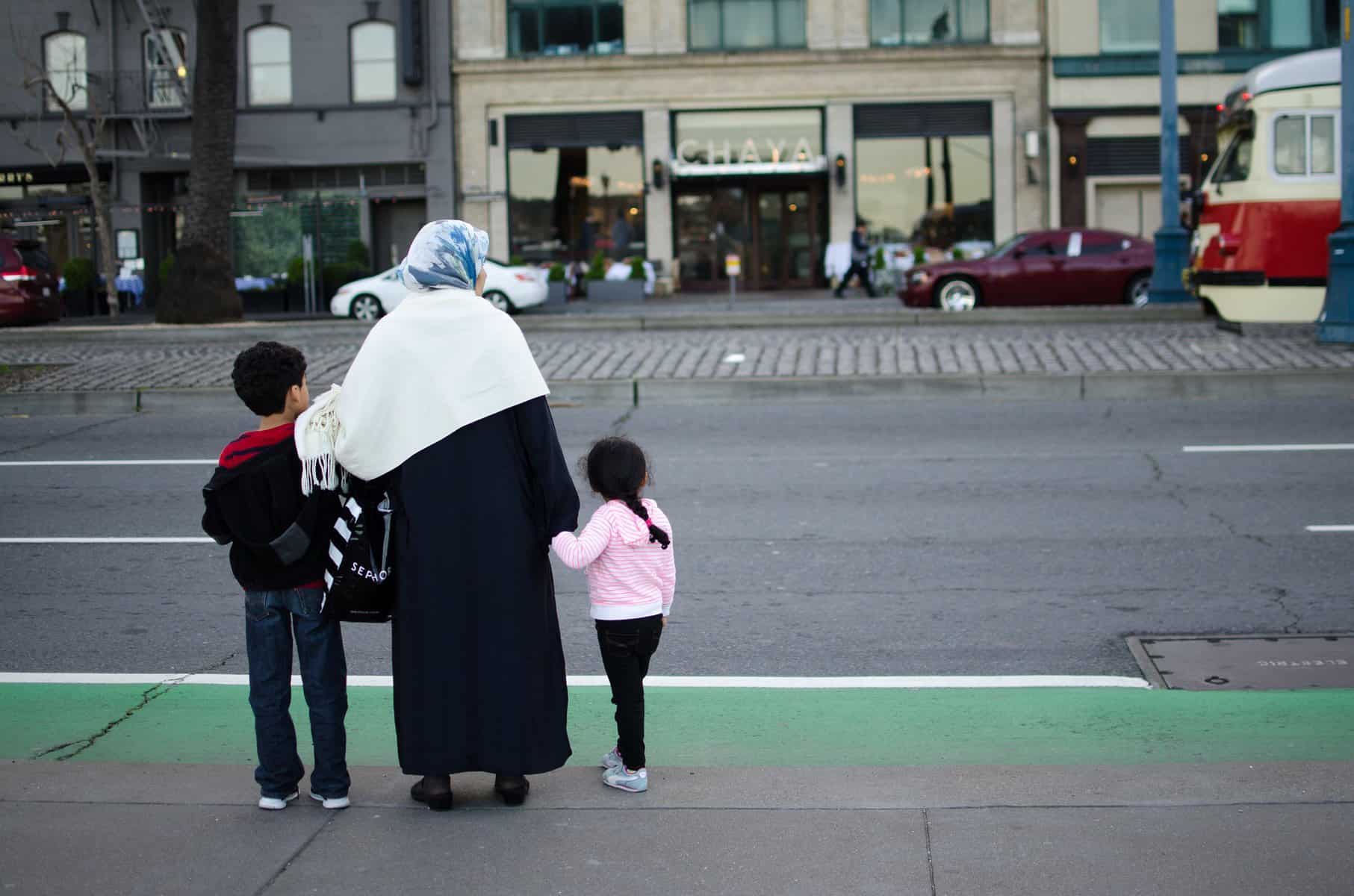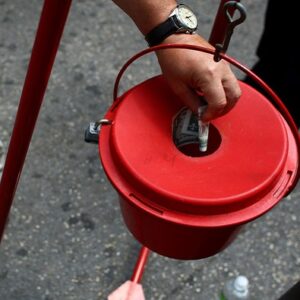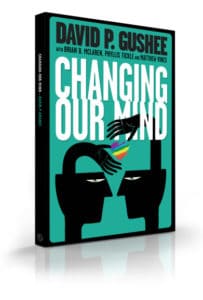
When Ywa Blu Htoo arrived in the United States in 2010 at the age of eight, he couldn’t walk due to his cerebral palsy. Through Asian Health Services in Oakland, a clinic with specialized services for refugee families, he was able to get a primary care doctor and translated services in his Karen language for the first time in his life. Today, he can walk with crutches and receives therapy weekly.
His family resettled nicely with the support of friends at the Karen Christian Fellowship Church (KCFC). Ywa Blu became regularly involved with his Sunday School and church youth group, as well as the church’s weekly language classes.
I first met Ywa Blu when his mother carried him up a flight of stairs in the driving rain to join the tutoring program of New Hope Covenant Church, a partner of KCFC. He immediately became my model of faith, as he diligently and meticulously did his homework each week and planned to become a “preacher,” even though he is painfully shy.
In order to make rent, Ywa Blu’s family doubled up with his uncle’s family to lease a three-bedroom house. With both fathers earning only minimum wage, they needed to pool resources just to survive.
Refugees in the United States are currently facing another internal displacement, but not one caused by war or famine. Instead, high housing costs are forcing them out of their communities.
But this year, their landlord increased their rent from $1200 to $1,300, and the two families faced some hard questions: where and how could they afford to live?
After praying, these refugees uprooted and moved an hour away to the small town of Manteca. Without any Karen interpreters available at school or in health clinics, they now live a much more isolated life. And with that relocation, Ywa Blu and his family members—who had already had been forcibly removed and then resettled once— have now become internally displaced persons (IDPs) in the United States. Against their wishes, they have been forced out of their hometown yet again—this time, by gentrification.
Internally Displaced Persons with Unaffordable Housing Costs
According to the United Nations, internally displaced persons (IDPs) are officially “people on the run” who have not crossed their nation’s borders. While over five million refugees have fled the warring in Syria, for example, an even higher number—another 6.5 million IDPs—remain displaced within their country after fleeing their hometowns.
Refugees in the United States are currently facing another internal displacement, but not one caused by war or famine. Instead, high housing costs are forcing them out of their communities. For example, when the Htoo family moved out, the landlord remodeled their old home in Oakland. It now rents for $2,000 a month, a staggering increase of 67%.
Since the end of the last school year, eleven students from four different households—1/4 of the tutoring program at New Hope—have left for the same reason. While this small sample may not portend a major, secondary migration of refugees, it is not insignificant. These families could not afford the cost of living in Oakland, as rental prices have increased on average by $1,100 in the last five years.
The high costs of housing, combined with the lack of living wages, have hit the poor disproportionately hard here in California. Refugee families receive cash assistance for their first eight months in the United States, which amounts to $949 per month in Alameda County. The median rent for an apartment in Oakland, at the same time, is $2,500—or 2.6 times the provided government benefit.
Even in the cheapest neighborhood for housing, the Fruitvale district where New Hope is based, a one-bedroom unit averages $1,450—or 1.5 times the amount refugees receive.
Impact of Trump’s Policies on Refugees
Unfortunately, President Trump’s proposed 2018 budget exacerbates the predicament in which many refugee families find themselves.
Trump plans to reduce the US Department of Health and Human Services budget by 16.3%, resulting in the lowest amount of funding the HHS has received since 2000. Proposed cuts include programs to help the poor pay for heating bills, after-school programming for families without childcare, and Meals-on-Wheels for the elderly.
The budget cuts undoubtedly will hurt refugee families, especially in urban areas. Asian Health Services, for example, may not be able to provide all the procedures which Ywa Blu requires if Medicaid funding is capped.
Biblical Mandates for the Poor and Foreigner
Across political divides, the great majority of Christians agree that the poor need to be helped. The Old Testament required that some of the land be made available for the poor and the foreigner, to have both a livelihood and the dignity of work. God, after all, is the Lord of all, and nothing we own is ours:
“When you reap the harvest of your land, do not reap to the very edges of your field or gather the gleanings of your harvest. Leave them for the poor and for the foreigner residing among you. I am the Lord your God.” Leviticus 23:22 (NIV)
Indeed, we are each to remember our own journeys and exiled status:
“Do not oppress a foreigner; you yourselves know how it feels to be foreigners, because you were foreigners in Egypt.” Exodus 23:9 (NIV)
And Hebrews enjoins us to live by faith and to claim an exilic identity—one where understand ourselves on a journey following Jesus—such that we find solidarity with refugees and IDPs:
“All these people were still living by faith when they died. They did not receive the things promised; they only saw them and welcomed them from a distance, admitting that they were foreigners and strangers on earth.” Hebrews 11:13 (NIV)
How, then, are we to support our fellow exiles?
Places for the Displaced
When Jeremiah wrote to exiles in Babylon, he paradoxically exhorted them to “build homes and settle down.” Instead of yearning to return Jerusalem, they were to “seek the peace and prosperity of the city to which I have carried you into exile. Pray to the Lord for it, because if it prospers, you too will prosper.” Jeremiah 29: 5-7 (NIV)
Our call as aliens and strangers in this world remains the same today. At KCFC and New Hope, we are seeking the prosperity of all when we fight for accessible healthcare and advocate for affordable housing. Most importantly, our churches are places of prayer—sacred spaces where refugees can settle down and commune with our God.
For Ywa Blu, Oakland remains a place for the displaced. His family makes the hour-long trek weekly to Oakland on Sundays just so that they could continue attend KCFC.
“I miss Oakland mainly because of my church friends—I only see them on Sundays and no other day else,” Ywa Blu commented recently. “So Sunday is a very special day for me.”
May both our national policies and our church communities be seeking the peace of the city, so that we might all enjoy the fellowship Ywa Blu so richly treasures.
Russell Jeung is Professor at San Francisco State University. His memoir, At Home in Exile: Finding Jesus Among My Ancestors and Refugee Neighbors (Zondervan 2016), recounts his experiences living with resettled refugee families.


